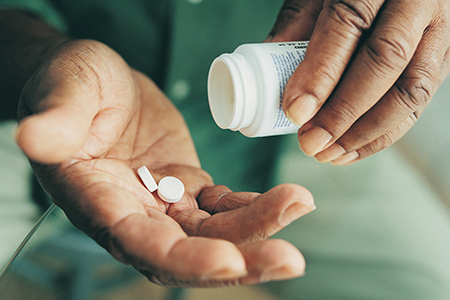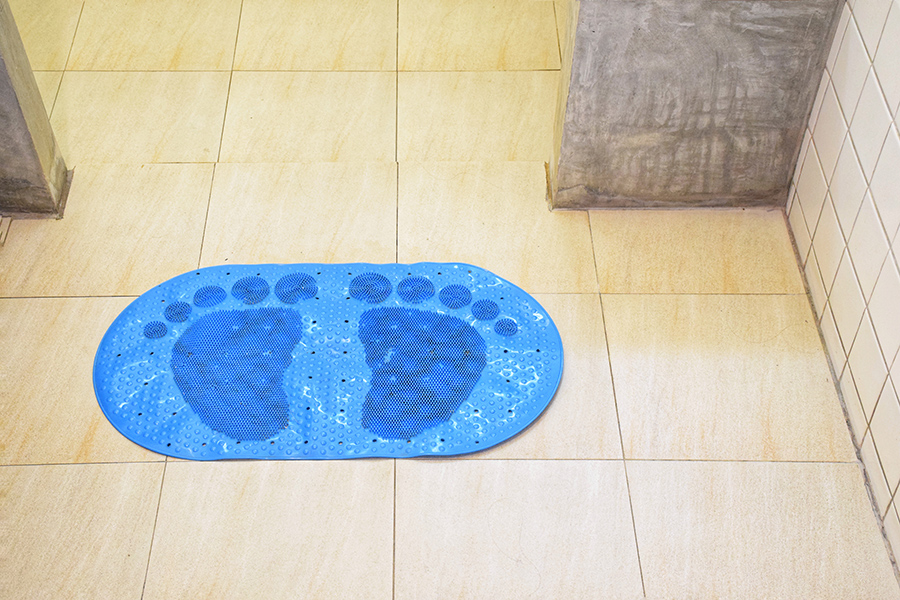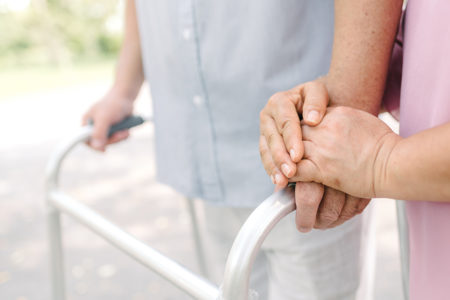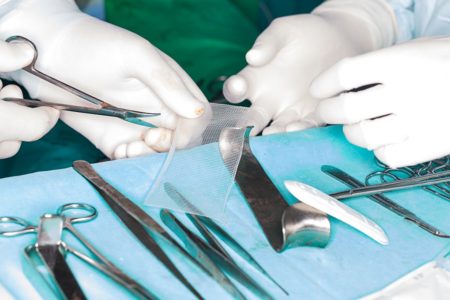By the Urinary & Kidney Team at Cleveland Clinic’s Health Hub
From surgical side effects to overactive bladder, there are several causes of male urinary incontinence. Fortunately, several treatment options can help relieve it.
Incontinence occurs when your bladder’s sphincter muscle is not strong enough to hold back the urine. It can also happen when your bladder muscles contract too strongly or your bladder gets too full before you void.
Incontinence common after prostate surgery
Research shows one of the most common causes of incontinence in men is a side effect of a prostatectomy, a surgical procedure that removes all or part of the prostate gland.
According to the Prostate Cancer Foundation, incontinence is the primary side effect of a prostatectomy, and roughly 25 percent of men report frequent leakage or no control and a need to use absorbent pads at six months after treatment. Fortunately, fewer than 10 percent of patients report using pads at all three years after surgery.
After a surgeon removes the entire gland — in a radical prostatectomy — surgery also can treat your incontinence, through a procedure that implants a male sling or artificial urinary sphincter.




























About 14 months ago I had prostatectocomy surgery by an well experinienced urologist surgeon, but urine incontinence still there . Though it is 50% now. It am taking Toviaz 8 mg one tab daily. Fully controll on diet
And citrus items. Is there is any way to fully controll the urine . No more surgery pl.
Hi Mr. Sawhney. Thank you for commenting. We would definitely recommend speaking to your current urologist or getting a second opinion from a different urologist. You may also find the tips offered in our Incontinence Newsletter helpful. Best of luck. -Aimee, Shield Healthcare